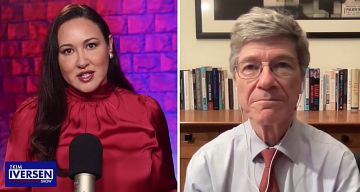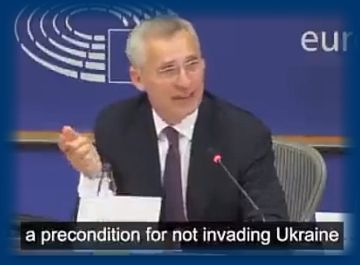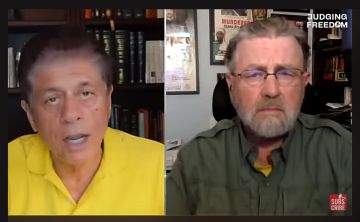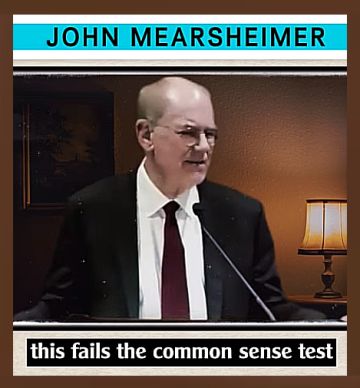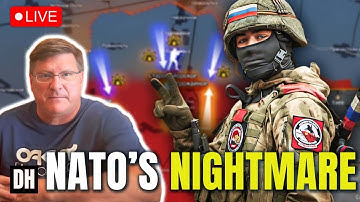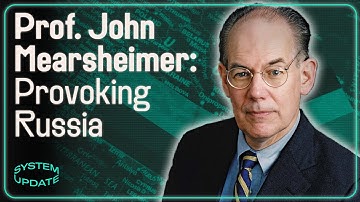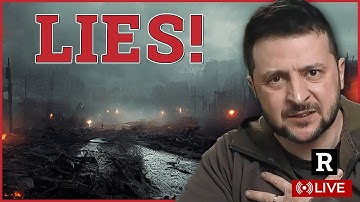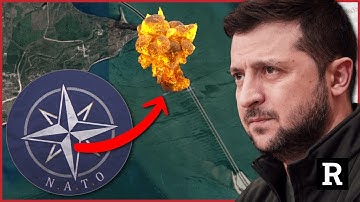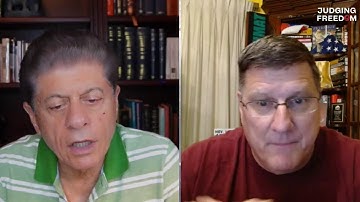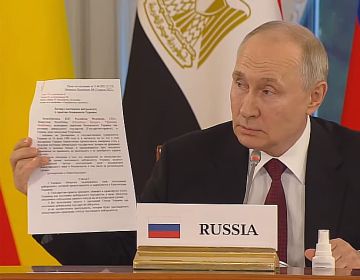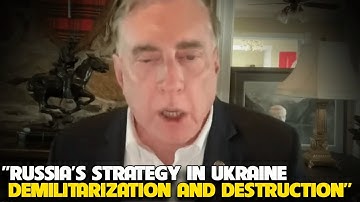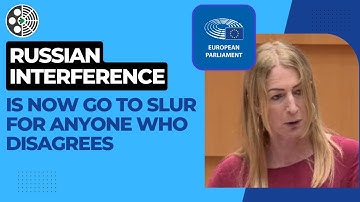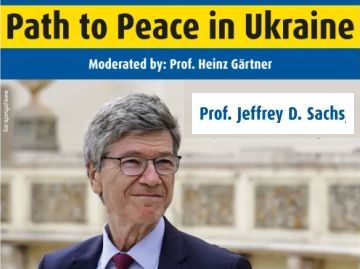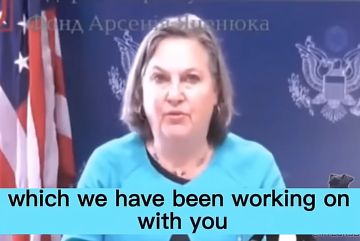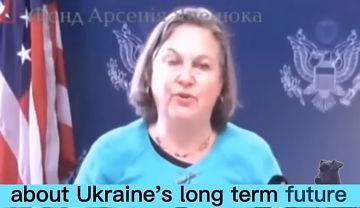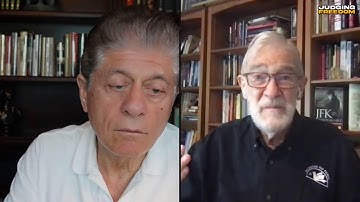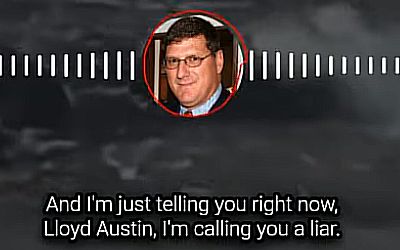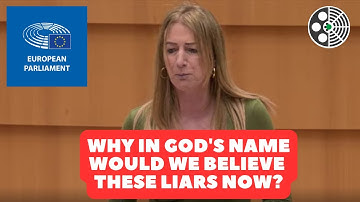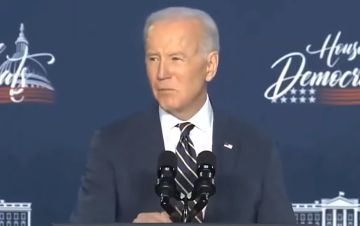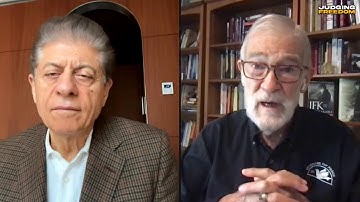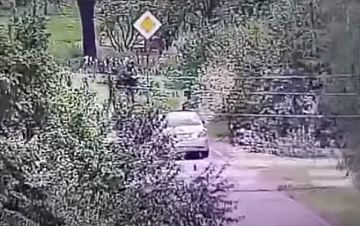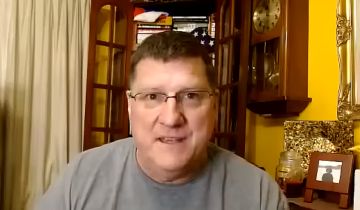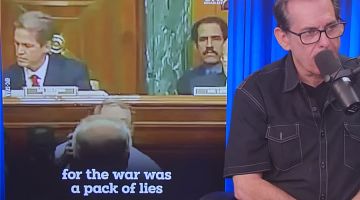Ukraine - They Lied
Ukraine and Russia have a long complicated history. This is a brief recap beginning with the fall of the Berlin Wall in 1990 when the USSR and the USA agreed to reunify Germany (including the 1990 treaty known as the 2+4 Treaty). At that time, US Secretary of State James Baker made a famous "not one inch eastward" assurance about NATO (North Atlantic Treaty Organization) expansion in his meeting with Soviet leader Mikhail Gorbachev on 9 February 1990. The promises not to expand NATO only lasted until 1997, however, when Poland, the Czech Republic and Hungary were invited into the alliance. In total, 13 Eastern European states have become NATO members since then.
In 2013, Ukrainian President Viktor Yanukovych decided to reject a deal for greater economic integration with the European Union (EU), in favor of a Russian offer. This resulted in angry demonstrators filling Kiev's Independence Square, known as the Maidan, as well as sites in other cities.
Victoria Nuland, the U.S. Assistant Secretary of State for European and Eurasian Affairs noted in a speech to the U.S.-Ukraine Foundation on December 13, 2013, that she had traveled to Ukraine three times in the weeks following the start of the demonstrations. Visiting the Maidan on December 5, she handed out cookies to demonstrators and expressed support for their cause.
Russian intelligence intercepted and leaked a Nuland telephone call in which she and U.S. Ambassador to Ukraine Geoffey Pyatt discussed in detail their preferences for specific personnel in a post‐Yanukovych government. The U.S.-favored candidates included Arseniy Yatsenyuk, the man who became President once Yanukovych was ousted from power. During the telephone call, Nuland stated enthusiastically that "Yats is the guy" who would do the best job.
Nuland and Pyatt were engaged in such planning at a time when Yanukovych was still Ukraine's lawful president. It was startling to have diplomatic representatives of a foreign country - and a country that routinely touts the need to respect democratic processes and the sovereignty of other nations - to be scheming about removing an elected government and replacing it with officials meriting U.S. approval.
The protests widened, escalating the conflict, and President Yanukovych fled the country in February 2014.
One month later, in March 2014, Russian troops took control of the Ukrainian region of Crimea. Russian President Vladimir Putin cited the need to protect the rights of Russian citizens and Russian speakers in Crimea and southeast Ukraine.
Beginning in February 2015, France, Germany, Russia, and Ukraine attempted to kickstart negotiations to bring an end to the violence through the Minsk Accords, however, these negotiations were largely unsuccessful.
The Donetsk region has been under a type of "civil war" since 2014 where "unguided Grad rockets, launched apparently by Ukrainian government forces and pro-government militias, have killed at least 16 civilians and wounded many more in insurgent-controlled areas of Donetsk and its suburbs in at least four attacks between July 12 and 21, 2014, Human Rights Watch said today." This skirmish continued until 24 February 2022. Close to 8,000 people killed in eastern Ukraine, says UN human rights report.
And now to current news ...
In 2013, Ukrainian President Viktor Yanukovych decided to reject a deal for greater economic integration with the European Union (EU), in favor of a Russian offer. This resulted in angry demonstrators filling Kiev's Independence Square, known as the Maidan, as well as sites in other cities.
Victoria Nuland, the U.S. Assistant Secretary of State for European and Eurasian Affairs noted in a speech to the U.S.-Ukraine Foundation on December 13, 2013, that she had traveled to Ukraine three times in the weeks following the start of the demonstrations. Visiting the Maidan on December 5, she handed out cookies to demonstrators and expressed support for their cause.
Russian intelligence intercepted and leaked a Nuland telephone call in which she and U.S. Ambassador to Ukraine Geoffey Pyatt discussed in detail their preferences for specific personnel in a post‐Yanukovych government. The U.S.-favored candidates included Arseniy Yatsenyuk, the man who became President once Yanukovych was ousted from power. During the telephone call, Nuland stated enthusiastically that "Yats is the guy" who would do the best job.
Nuland and Pyatt were engaged in such planning at a time when Yanukovych was still Ukraine's lawful president. It was startling to have diplomatic representatives of a foreign country - and a country that routinely touts the need to respect democratic processes and the sovereignty of other nations - to be scheming about removing an elected government and replacing it with officials meriting U.S. approval.
The protests widened, escalating the conflict, and President Yanukovych fled the country in February 2014.
One month later, in March 2014, Russian troops took control of the Ukrainian region of Crimea. Russian President Vladimir Putin cited the need to protect the rights of Russian citizens and Russian speakers in Crimea and southeast Ukraine.
Beginning in February 2015, France, Germany, Russia, and Ukraine attempted to kickstart negotiations to bring an end to the violence through the Minsk Accords, however, these negotiations were largely unsuccessful.
The Donetsk region has been under a type of "civil war" since 2014 where "unguided Grad rockets, launched apparently by Ukrainian government forces and pro-government militias, have killed at least 16 civilians and wounded many more in insurgent-controlled areas of Donetsk and its suburbs in at least four attacks between July 12 and 21, 2014, Human Rights Watch said today." This skirmish continued until 24 February 2022. Close to 8,000 people killed in eastern Ukraine, says UN human rights report.
And now to current news ...
Professor Jeffrey Sachs is a world renowned economist who has guided nations on economic policy such as Bolivia, Poland, Slovenia and Estonia. He even helped transition the USSR Russian economy guiding both Gorbachev and Yeltsin. In 1993, the New York Times called Sachs "probably the most important economist in the world." In 2004 and 2005, Sachs was named one of the 100 Most Influential People in the World by Time. He was also named one of the "500 Most Influential People in the Field of Foreign Policy" by the World Affairs Councils of America.
Former UN Weapons Inspector Scott Ritter returns to discuss the ongoing failures of Ukraine's counteroffensive and the panic ensuing within NATO's brass. We also discuss a host of geopolitical issues related to this ongoing struggle between US-led unipolarity, and Russia and China-led multipolarity.
This is the same bridge that was attacked last October by Ukraine. The attack on Monday came from underwater drone strikes (NATO-provided sea based drones) run by the SBU, a unit of Ukraine's military
"The Kremlin is convinced the United States is laying the groundwork for regime change in Russia a conviction further reinforced by events in Ukraine. Moscow views the United States as the critical driver behind the crisis in Ukraine and believes that the overthrow of former Ukrainian president Yanukovich is the latest move in a long-established pattern of U.S. orchestrated regime change efforts."
- this is a congressionally mandated report
- Marine Corps Lt. Gen. Vincent R. Stewart,
- Director of the Defense Intelligence Agency (USA)
- June 28, 2017
- this is a congressionally mandated report
- Marine Corps Lt. Gen. Vincent R. Stewart,
- Director of the Defense Intelligence Agency (USA)
- June 28, 2017
Click here to STOP the Globalist Agenda
Click here to support our work.
Click here to email us at contact@theylied.ca

"The truth is like a lion;
you don't have to defend it.
Let it loose;
it will defend itself."
~ Saint Augustine
(philosopher, theologian, and bishop)
you don't have to defend it.
Let it loose;
it will defend itself."
~ Saint Augustine
(philosopher, theologian, and bishop)
Stay up to date with our Newsletter
Click here to read it,
or subscribe below ...
or subscribe below ...
#TheyLied
